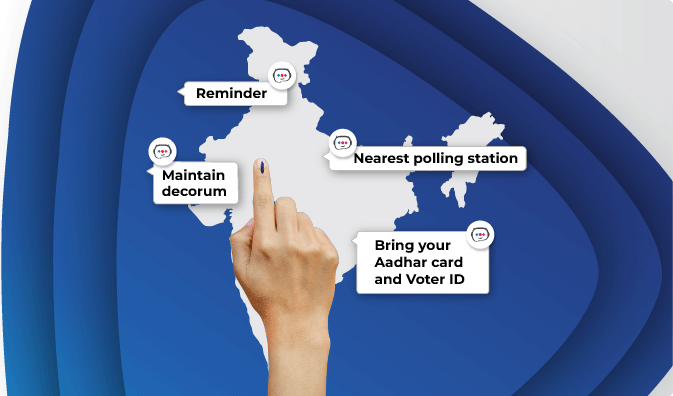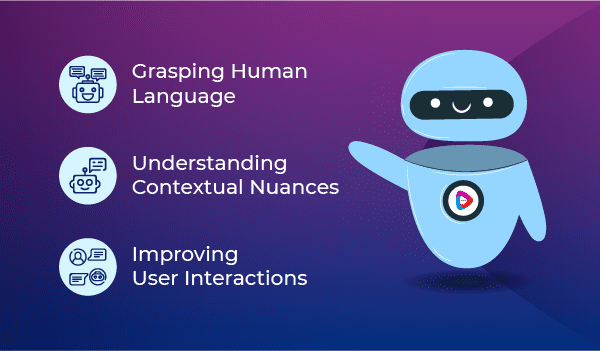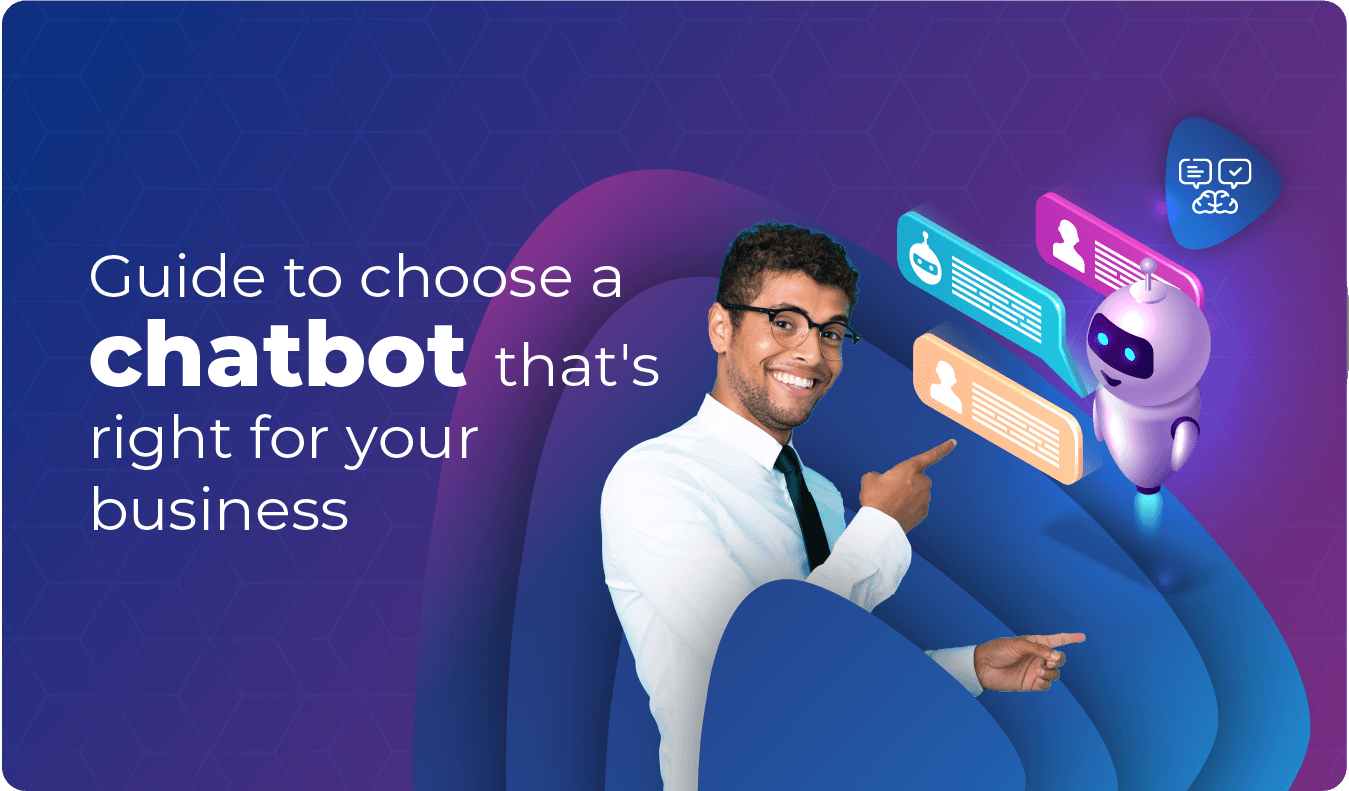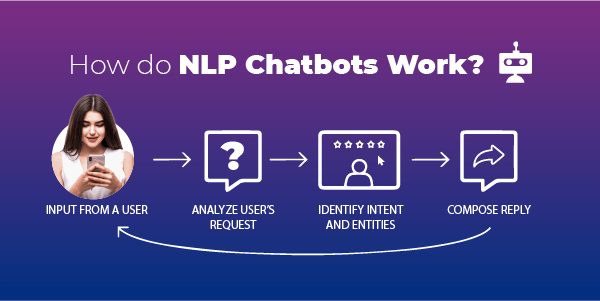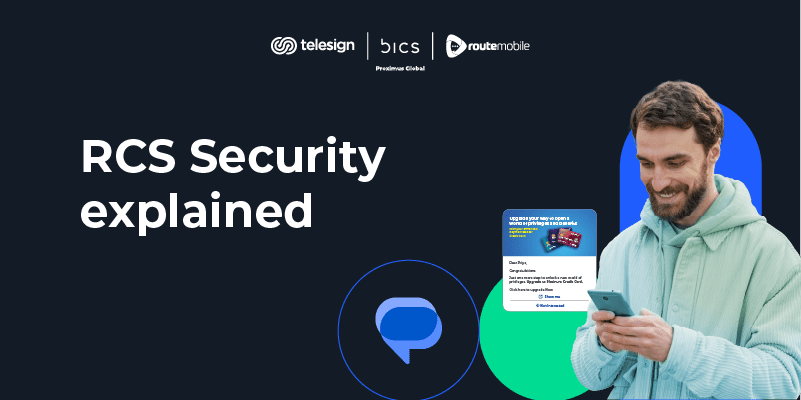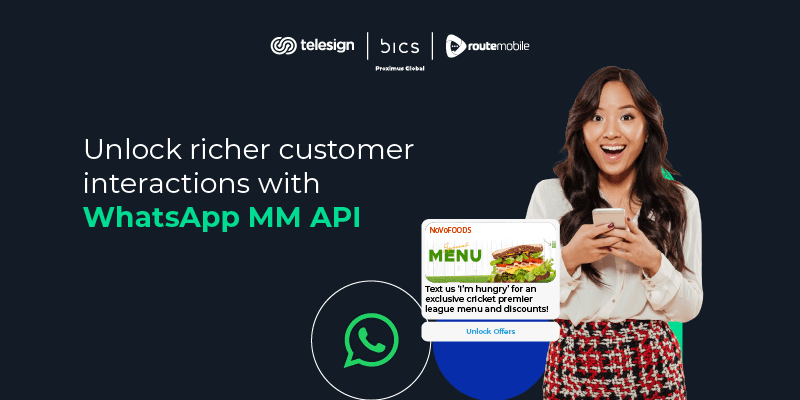Patient compliance has always been a critical issue in healthcare, impacting treatment outcomes, patient well-being, and healthcare costs. However, with advancements in technology, particularly the integration of chatbots in healthcare, there’s new hope for improving patient compliance. Businesses are embracing conversational marketing as a cornerstone of customer engagement. Crafting a personalised experience that caters to individual preferences and needs has never been more critical. In this article, we will explore the role of chatbots in enhancing patient compliance and present real-world use cases demonstrating their effectiveness.
Summary:
 Understanding Patient Compliance
Understanding Patient Compliance
Patient compliance refers to a patient’s adherence to prescribed medical advice, including taking medications as directed, following treatment plans, attending appointments, and making necessary lifestyle changes. Non-compliance is a significant concern in healthcare, as it can lead to worsened health conditions, increased healthcare costs, and decreased overall quality of life.
Several factors contribute to non-compliance:
- Forgetfulness: Patients may forget to take their medications or follow up on their treatment plans.
- Lack of Understanding: Some patients may not fully comprehend their treatment plans or the importance of adhering to them.
- Complex Regimens: Treatments with multiple medications, doses, and timing requirements can be challenging for patients to manage.
- Fear of Side Effects: Concerns about potential side effects can deter patients from taking prescribed medications.
Roubot is a self-serve chatbot solution by Route Mobile, which thrives on five core principles: build, reach, analytics, integration, and end-to-end security. Roubot is a user-friendly, no-code chatbot platform with state-of-the-art AI/ML capabilities that can effectively address these issues by understanding customer preferences and delivering tailored responses.
 Medication Reminders and Timely Notifications
Medication Reminders and Timely Notifications
Chatbots can send automated medication reminders and notifications to patients’ devices. These reminders can be personalised to match the patient’s medication schedule, ensuring that doses are not missed. Furthermore, they can adapt to the patient’s changing schedule, which is especially beneficial for patients with irregular work hours or those who frequently travel.
Use Case 1: Medication Reminder Chatbot
A patient with diabetes receives daily medication reminders from a chatbot. The chatbot also provides information about proper dosage dietary recommendations and answers any questions the patient may have. The patient’s compliance improves significantly, leading to better blood sugar control.
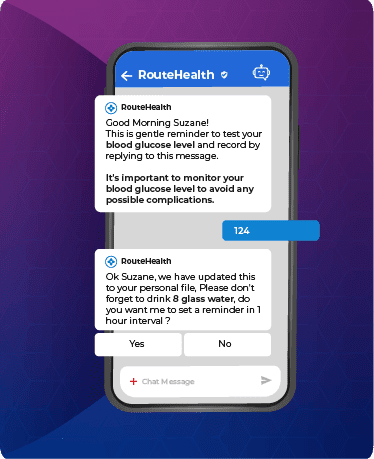
 Education and Information Dissemination
Education and Information Dissemination
Chatbots can act as virtual healthcare educators, providing patients with valuable information about their conditions, treatment plans, and potential side effects. They can answer questions in real-time, offering a sense of reassurance and reducing patient anxiety.
Use Case 2: Diabetes Management Chatbot
A newly diagnosed diabetic patient interacts with a chatbot that educates them about the disease, dietary guidelines, and the importance of regular blood sugar monitoring. The chatbot offers resources and tips, empowering the patient to make informed decisions about their health.
 Appointment Scheduling and Follow-Up
Appointment Scheduling and Follow-Up
Chatbots can assist patients in scheduling appointments, sending reminders, and following up on missed appointments. This ensures that patients receive timely care and do not fall behind in their treatment plans.
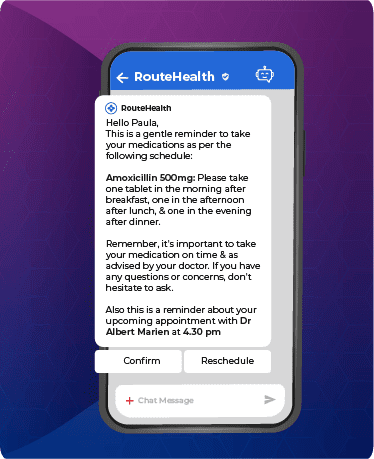
Use Case 4: Post-Surgery Recovery Chatbot
A patient recovering from surgery receives automated appointment reminders and post-operative care instructions from a chatbot. The chatbot also collects feedback on pain levels and any complications, alerting healthcare providers if necessary. This proactive approach results in better post-surgery outcomes.
 Monitoring and Data Analysis
Monitoring and Data Analysis
Chatbots can continuously monitor patient data, such as vital signs, symptoms, and medication adherence. They can detect potential issues early and alert healthcare providers, reducing the risk of complications.
Use Case 5: Heart Failure Monitoring Chatbot
A patient with heart failure uses a chatbot that collects daily data on their weight, blood pressure, and symptoms. If the chatbot detects any concerning trends, it immediately notifies the patient’s cardiologist, allowing for prompt intervention and preventing hospitalisation.
Also Read: Maximizing Customer Engagement with the Best Chatbot Building Platform
Overcoming Chatbot Challenges and Ensuring Privacy
While chatbots offer promising solutions to improve patient compliance, several challenges must be addressed. Privacy concerns, data security, and the need for clear regulations are paramount. Patients must have confidence that their health data is protected and used solely for their benefit. Additionally, chatbots should be designed to handle medical emergencies appropriately, directing patients to seek immediate help when necessary.
Roubot-The-Ultimate-Chatbot
Roubot is the ultimate choice for various industries, including BFSI, E-commerce, Edtech, Retail, Hospitality, Healthcare, Aviation, and many more. Chatbots have emerged as valuable tools in the quest to enhance patient compliance in healthcare. It ensures a seamless customer experience, from initial product discovery to post-sales support, ensuring consistency throughout the user journey. Additionally, Roubot’s robust real-time tracking system empowers businesses to monitor agent performance closely. Decision-makers can access detailed reports, measure key performance indicators (KPIs), and extract actionable insights to maintain service quality at all times.
Take the first step towards revolutionising your customer engagement – click here to explore Roubot now!”
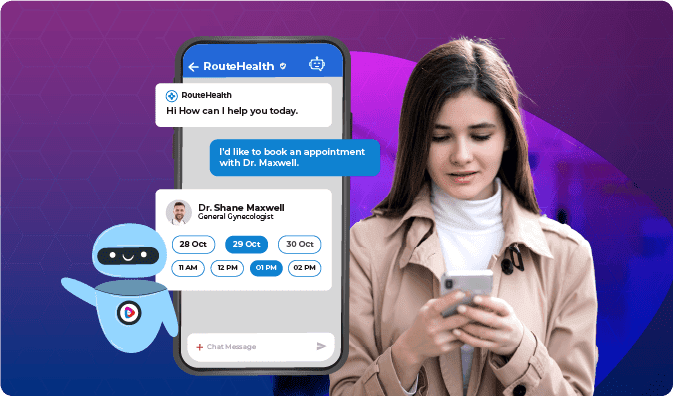
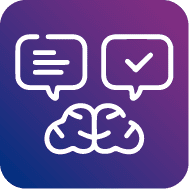 Understanding Patient Compliance
Understanding Patient Compliance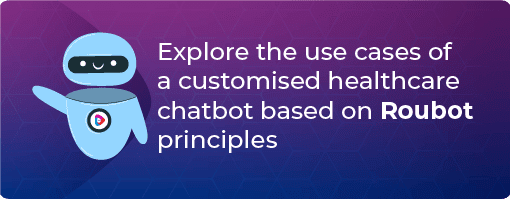
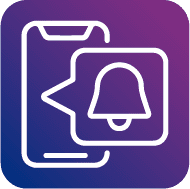 Medication Reminders and Timely Notifications
Medication Reminders and Timely Notifications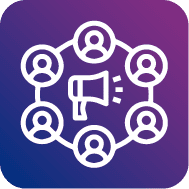 Education and Information Dissemination
Education and Information Dissemination Appointment Scheduling and Follow-Up
Appointment Scheduling and Follow-Up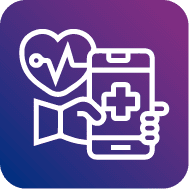 Monitoring and Data Analysis
Monitoring and Data Analysis